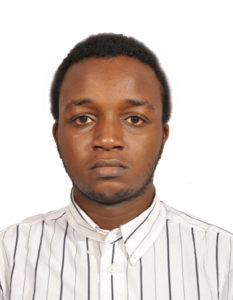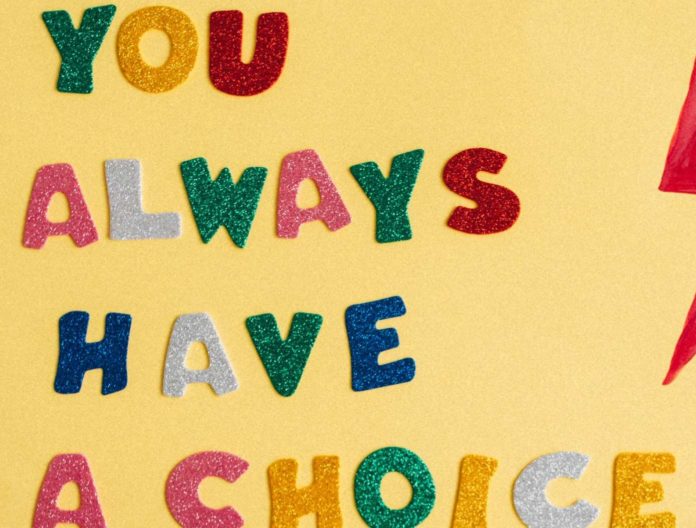By Alvin Mwangi
Every year almost half of all pregnancies about 121 million are unintended. This is according to the World Health Organization (WHO)report that was released in September last year.
Between 2015 and 2019, on average, 73.3 million induced (safe and unsafe) abortions occurred worldwide each year.
In Kenya, high abortion figures continue to raise concern: a Reuters report published in August last year stated that thousands of women are dying every year in Kenya due to botched backstreet abortions. Reuters cited a report from the Centre for Reproductive Rights (CRR) which found that almost half a million abortions were conducted in Kenya in 2012 – the most recent data available – with one in four resulting in complications such as fever, sepsis, shock, or organ failure, according to health ministry data.
An estimated 2,600 women and girls die annually in Kenya, amounting to seven deaths every day, from complications related to unsafe abortions, said the CRR report. Most victims are women and girls from impoverished urban and rural settlements who cannot afford private healthcare and face stigma and discrimination seeking treatment in public hospitals.
In Kenya, abortion is regulated by Article 26 (4) which states that: “abortion is not permitted unless, in the opinion of a trained health professional, there is need for emergency treatment or the life or health of the mother is in danger, or if permitted by any other written law” and the 2010 revised version of the 1970 penal code which describes different punishments regarding abortion laws.”

September 28 is International Safe Abortion Day, a day that is set aside for the world to consolidate and raise awareness on the need of preventing deaths relating to Unsafe Abortion practices that in most cases lead to death. This year, the theme is centered around Making Unsafe Abortion History by encouraging stakeholders and governments to make sure there is prioritization and investment on Safe and legal abortion information and services to anyone who needs it.
In 2012, the Ministry of Health in Kenya had made progress by adopting the standards and guidelines for managing unintended and risky pregnancies and post-abortion care which provided technical guidelines for health care workers to offer lifesaving assistance to the extent allowed by law.
However, one year later, the ministry withdrew the guidelines and the national curriculum for management of risky and unintended pregnancies which instilled fear among health workers and resulted in constant harassment by police.
As we Mark and Celebrate International Safe Abortion Day, on September 28th, I wish to remind stakeholders and governments that Access to quality and correct information and services on safe abortion will ensure that young girls and women’s future is better secured as they will be able to choose when to have a baby and consequently invest in their education and employment.
Young people continue to face barriers while accessing safe and legal abortion even within the confines of the law. External stigma by society leaves a huge impact on anyone’s decision. Lack of comprehensive information to diverse young is also not availed and accessible, furthermore restrictive laws and policies hinder the access and also the provider.
What is the government doing to ensure we all save lives? Kenya has witnessed an increase in cases around gender-based violence for both men, children, and women, and lives have been lost. We have an opportunity to make a difference for the better and every one of us has a role to play.
Making Unsafe Abortion History Involves;
- Strengthening Partnerships with medical professionals to offer inclusive training to all, including training of medical students across medical institutions.
- Offer Education against stigma to all, as we seek to remove societal perceptions that hinder access.
As we mark and celebrate the International Safe Abortion Day on September 28th, 2021, stakeholders and government should ensure that there are no restrictive laws and policies which are nonresponsive to the needs of all people. This will ensure that we do not lose more girls and women to unsafe abortions.
Alvin Mwangi is a sexual reproductive health and rights advocate in Nairobi, Kenya. Twitter:@alvinmwangi254














